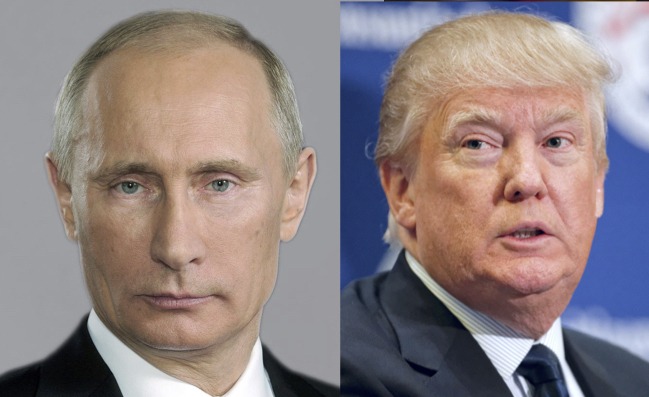Potential voter data backchannel uncovered between Donald Trump campaign and Russian hackers

As investigators and the media continue to try to pinpoint how the Donald Trump campaign and the Russian government were conspiring to use voter data to rig the 2016 election, much of the focus has been on data analysis company Cambridge Analytica. Now a data scientist has uncovered what could have been a backchannel for the Trump campaign to use the company to steer Russian hackers in the right direction.
Professor Jonathan Albright has discovered that a Cambridge Analytica intern posted the company’s voter targeting algorithms to an online personal account just after Super Tuesday, and then bizarrely left them there for the entirety of the election. The intern listed them as “work samples” but it’s difficult to believe that any intern would have been publicly posting his company’s secret algorithms just to show off his skills. It raises the question of whether this was how the company was clandestinely making its secret algorithms available to Russian hackers in plain sight.
Cambridge Analytica has largely been funded by the Mercer family, which also heavily funded the Donald Trump campaign. Furthermore, Steve Bannon was running Cambridge Analytica at the time he was hired to run the Trump campaign. It has long been widely suspected, but never proven, that the company was working with U.S. voter data that had been supplied by the Russian hackers who tried to get into the voter registration databases of dozens of states during the election. Proving this suspicion would require uncovering potential communication channels between the company and the Russians.
If it turns out the Cambridge Analytica intern’s posting was indeed an intentional method of backdoor communication between the company and Russian hackers, it may open the door to exposing the full extent of the collusion that’s suspected to have taken place. You can read Professor Albright’s full research findings link).
